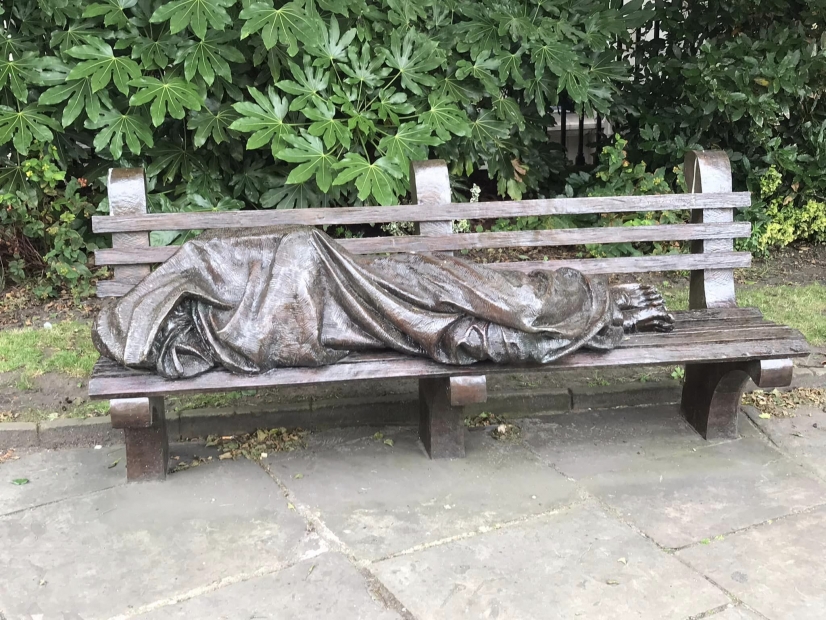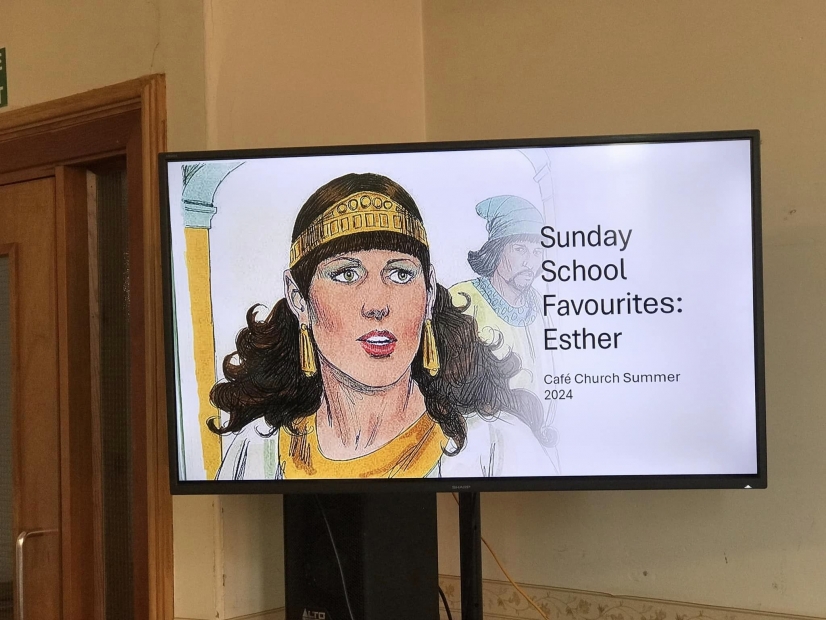Tributes have, rightly, been paid to Revd Dr Brian Haymes, who died last week. See here.
I first came across Brian when I was a NAM and he was leading a session for us on sermon preparation. It stayed with me, largely, if I am honest, because it felt so utterly unrealistic for those of us serving small congregations that still expected two full services a week. There simply weren't enough hours in the week to produce one sermon of the standard Brian described, never mind two. But even so, there were good 'take aways' that have stayed with me - an abiding memory of him saying that we should seek to hold the newspaper in one hand and the Bible in the other (not uniquely his idea) and to do so, using whichever newspaper our congregation members read. One NAM from Merseyside quipped that in his congregation that would be the Racing Post. Fleetingly, Brian looked nonplussed, but he smiled, took it in good part, and carried on... grounded, contextual preaching was the heart of his message. He was right.
Since moving a year ago, I had begun to get to know Brian as a 'real person' not just some Baptist Giant (literally and metaphorically) as I was invited to join a ministers' book group that met in his home. Amidst such intellectual giants (I think everyone else had a PhD) I could have felt hopelessly inadequate, but Brian always, graciously, gave me a voice. Perhaps more significantly, for me at least, he welcomed us around the table in the family kitchen for steaming bowls of soup, sandwiches and homemade cake. Here we would 'chew the fat', he would ask after the college, the church, the Union, always hopeful, always risking disappointment, and always true to his Baptist convictions.
Brian had promised me the opportunity to choose books from his library, something we never quite managed to arrange. But instead I carry the memories of reading books published in the 2020s and discussing them in Brian's home - that's way more precious.
Brian preached well (teaching and encouraging others to do likewise) and kept the faith, now he enters his eternal rest, a good and faithful servant whose work here is done.


